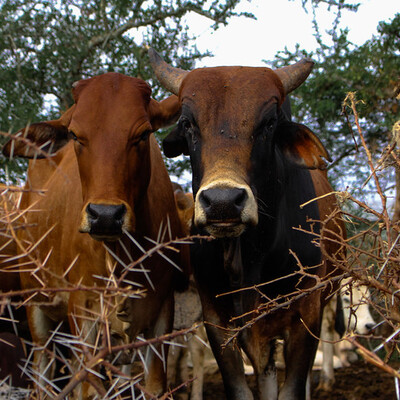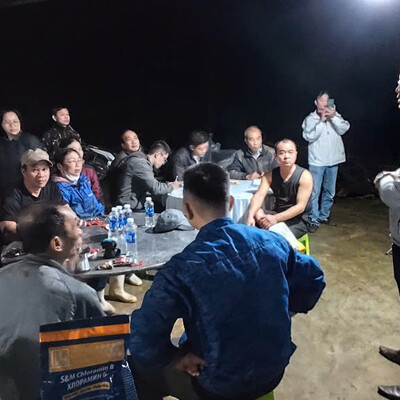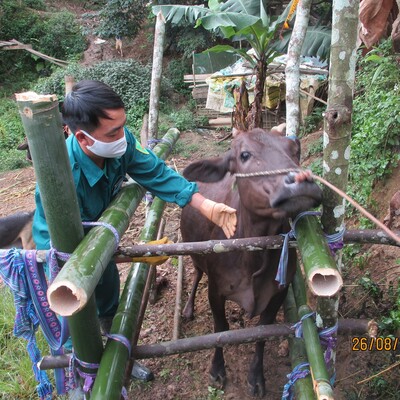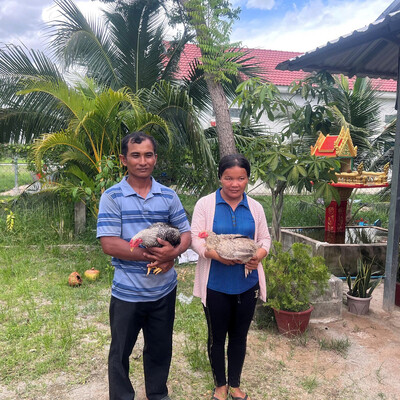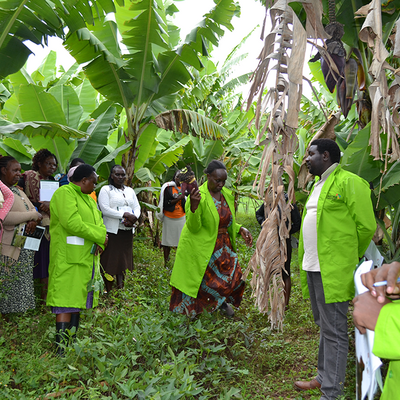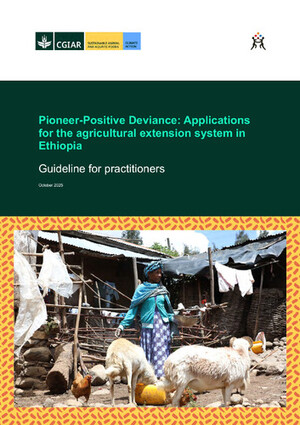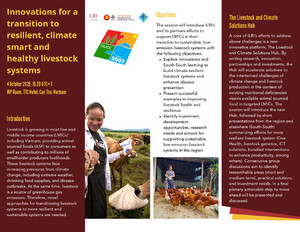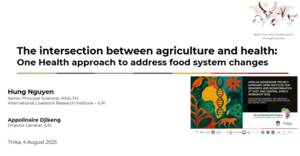
Enhancing coordination and collaboration across CGIAR centers in Kenya
A webinar held on 22 November 2022 brought together government institutions, One CGIAR initiatives and partners to discuss the scaling climate change prediction, adaptation and mitigation innovations in Kenya. The webinar explored innovation scaling plans from different research and development institutions, and possible opportunities for cooperation.
Enhancing coordination and collaboration across CGIAR centres is a key reform objective of One CGIAR. Initiatives that bring together staff from various centres are one mechanism for this interaction. Another is the position of country convener, which facilitates cooperation in research, capacity strengthening, technology sharing and innovation dissemination amongst initiatives working in the same country.
In Kenya, there are no fewer than 16 new CGIAR initiatives planning to build on previous research, in addition to other projects already in operation. Almost all of them aim to develop and disseminate innovations targeted for use by actors along various value chains. ‘There are many development projects aiming to enhance agriculture, food, land and water systems in the country. In addition, the Government of Kenya is managing its portfolio of innovation development and dissemination through related ministries and key organizations such as the Kenya Agricultural and Livestock Research Organization (KALRO),’ says Joseph Karugia, the One CGIAR Initiative Kenya country convener.
During the webinar, Agriculture Secretary Oscar Magenya stressed the importance of partnership and understanding the roles of different stakeholders in scaling. He asked the participants to find new and better ways of working together to ensure knowledge and skills were shared with more users across the country. ‘How can CGIAR work more closely with the government in scaling? What systems or structures are necessary for this scaling to be effective?’ Magenya posed.
John Nginyangi, the Kenya Climate Smart Agriculture Project (KSCAP) coordinator at the Ministry of Agriculture and Livestock Development, gave an overview of the project and its contribution to food security, climate-smart priority commodities and dissemination of technologies, innovations and management practices (TIMPs). He pointed out opportunities for collaboration in sharing insights from the mobilization, implementation and sustainability of projects such as the Big Data platform. ‘Sharing of agro-weather, climate and market advisories disseminated through the Big Data platform anchored at KALRO enhances access to quality climate/agro-weather, advisory and market information services among farmers/herders and improves decision-making,’ Nginyangi said.
His counterpart, Violet Kirigua, the KCSAP crops coordinator at KALRO, called for more public-private partnerships in the creation of institutional and policy frameworks and infrastructure for scaling up innovations. This includes the development and validation of technologies by research institutions, digitization of information by agri-tech innovators, and capacity building by development partners and civil society to ensure farmers and extension staff receive continuous training.
Lastly, Kelvin Sikuku and Iddo Dror from CGIAR provided an overview of scaling plans for climate change-related technologies in Kenya as well as information sharing for innovation development and use in the country. The databases CGIAR is building can link to similar ones developed by national and county governments. Through this collaboration, it is expected that the dissemination and scaling of innovations to improve agriculture and food systems will become more effective and efficient through better internal coordination across initiatives.
Many CGIAR scientists with interests in scaling are members of the Agriculture and Rural Development Working Group (ARD-WG) of the Global Community of Practice on Scaling Development Outcomes. The members of this community bring years of experience from different sectors to help in producing practical guidelines and providing insights to enhance scaling processes. Together with the CGIAR, the ARD-WG is looking into how to support efforts for greater coordination at the country level.
In her closing remarks, Stella Makhoka, director of research and innovation in the Ministry of Agriculture and Livestock Development, told participants that the webinar was an important step towards coordination of local and international actors in the scaling of research and innovations. She said the ministry would convene the stakeholders again for further discussions on how to move this agenda forward.
Photo credit: One CGIAR initiatives and partners gathered during the webinar to discuss the scaling climate change prediction, adaptation and mitigation innovations in Kenya at ILRI, Nairobi Campus photo credit: ILRI/Judy Kimani.






